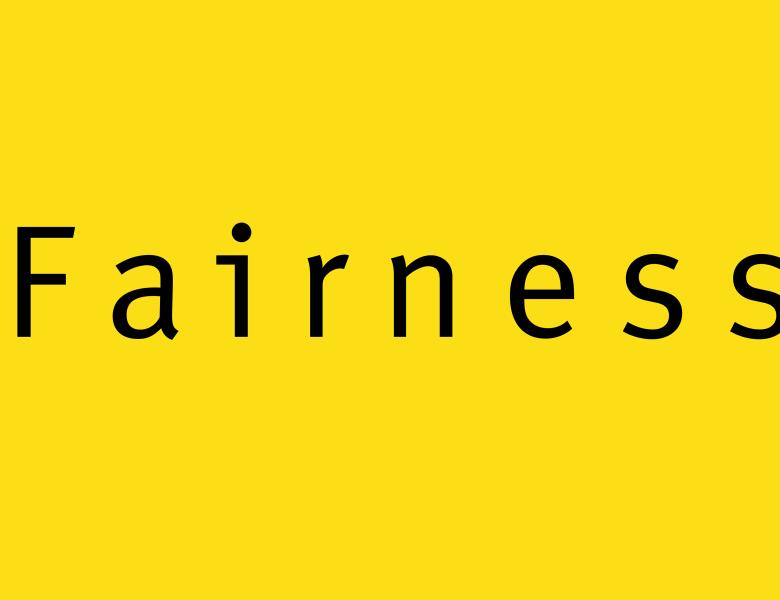
Abstract
Differential privacy provides a rigorous framework for privacy-preserving data analysis. This talk proposes the first differentially private procedure for controlling the false discovery rate (FDR) in multiple hypothesis testing. Inspired by the Benjamini-Hochberg procedure (BHq), our approach is to first repeatedly add noise to the logarithms of the p-values to ensure differential privacy and to select an approximately smallest p-value serving as a promising candidate at each iteration; the selected p-values are further supplied to the BHq and our private procedure releases only the rejected ones. Apart from the privacy considerations, we develop a new technique that is based on a backward submartingale for proving FDR control of a broad class of multiple testing procedures, including our private procedure, and both the BHq step-up and step-down procedures. As a novel aspect, the proof works for arbitrary dependence between the true null and false null test statistics, while FDR control is maintained up to a small multiplicative factor. This theoretical guarantee is the first in the FDR literature to explain the empirical validity of the BHq procedure in three simulation studies.


